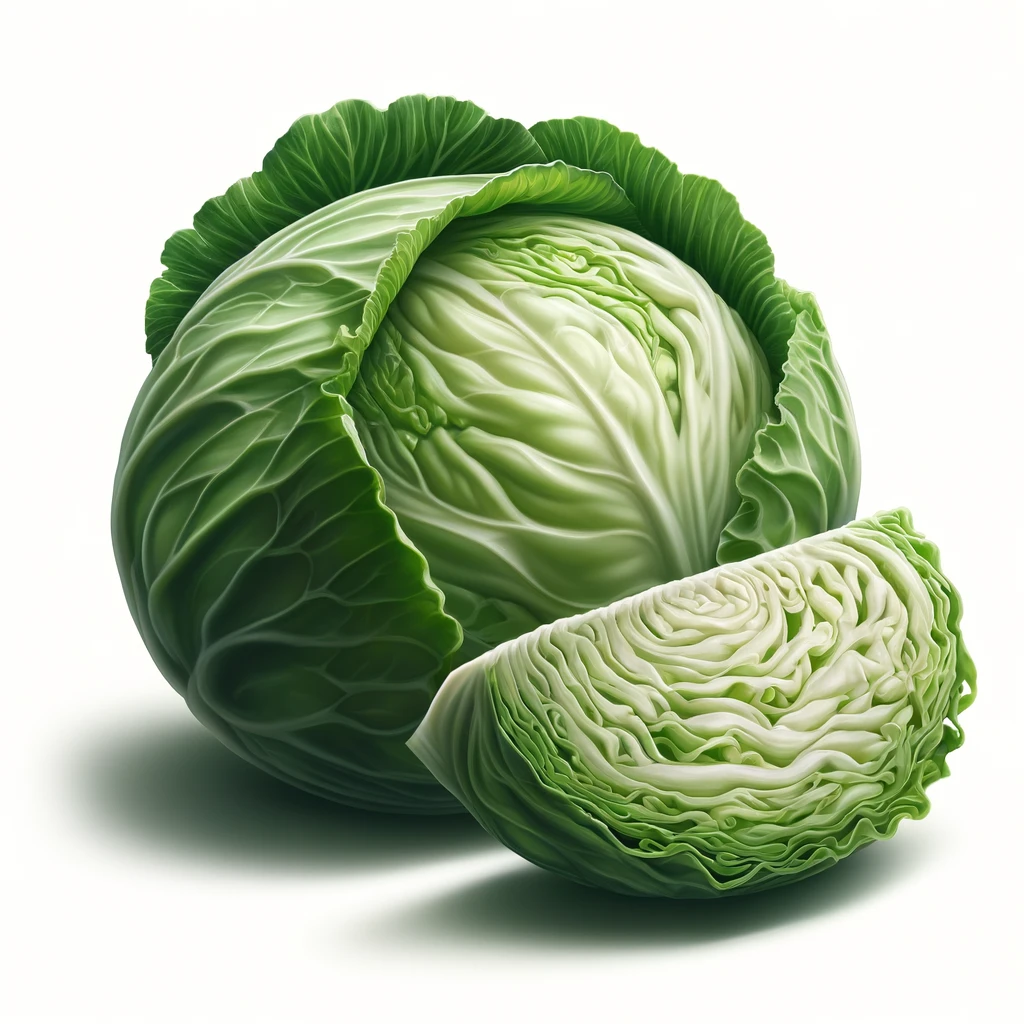Cabbage, a leafy green vegetable often overlooked in favor of its more colorful counterparts, is a nutritional powerhouse that deserves a prominent place in your diet. From its impressive array of vitamins and minerals to its potential health benefits, cabbage offers numerous reasons to be included in your meals. This blog post delves into the nutritional content of cabbage, the health conditions it can help alleviate, and how it can support your journey to optimal health.
Nutritional Content of Cabbage
Cabbage is packed with essential nutrients that contribute to its health-boosting properties.
Vitamins and Minerals
- Vitamin C: Cabbage is rich in vitamin C, a powerful antioxidant that helps protect cells from damage, supports the immune system, and aids in collagen production for healthy skin and joints.
- Vitamin K: This vitamin is crucial for blood clotting and bone health. A single serving of cabbage provides over 85% of the recommended daily intake of vitamin K.
- Vitamin B6: Essential for brain health and energy metabolism, vitamin B6 is present in significant amounts in cabbage.
- Folate: Important for DNA synthesis and repair, folate is vital for pregnant women and those looking to support overall cellular health.
- Potassium: This mineral helps regulate blood pressure, balance fluids, and support nerve and muscle function.
- Calcium: Although not as rich in calcium as dairy products, cabbage contributes to your daily calcium intake, supporting bone health.
Phytonutrients and Antioxidants
- Anthocyanins: Particularly abundant in red cabbage, anthocyanins are antioxidants that can reduce inflammation and protect against chronic diseases.
- Sulforaphane: Found in cruciferous vegetables like cabbage, sulforaphane has been shown to have cancer-fighting properties and supports detoxification processes in the body.
- Glucosinolates: These sulfur-containing compounds also contribute to cabbage’s cancer-preventive effects by promoting the elimination of potential carcinogens.
Macronutrients
Cabbage is low in calories but high in fiber, making it an excellent addition to a weight management diet:
- Calories: Approximately 22 calories per cup (89 grams) of raw cabbage.
- Fiber: Around 2 grams per cup, aiding in digestion and promoting a feeling of fullness.
- Protein: While not a significant source of protein, cabbage provides about 1 gram per cup.
Health Benefits of Cabbage
The diverse nutrient profile of cabbage translates into several health benefits, making it a versatile and valuable component of a balanced diet.
Supports Digestive Health
The high fiber content in cabbage promotes regular bowel movements and a healthy digestive system. It can help prevent constipation and support the growth of beneficial gut bacteria. Fermented cabbage, such as sauerkraut and kimchi, contains probiotics that further enhance gut health.
Enhances Immune Function
Vitamin C and other antioxidants in cabbage strengthen the immune system by protecting against oxidative stress and reducing inflammation. Regular consumption of cabbage can help your body fend off infections and illnesses more effectively.
Promotes Heart Health
Cabbage’s fiber, potassium, and antioxidants contribute to cardiovascular health. Fiber helps lower cholesterol levels, potassium regulates blood pressure, and antioxidants like anthocyanins reduce the risk of heart disease by protecting against arterial damage.
Reduces Cancer Risk
The glucosinolates and sulforaphane in cabbage have been extensively studied for their cancer-preventive properties. These compounds help detoxify the body and inhibit the growth of cancer cells, particularly in the colon, breast, and prostate.
Supports Bone Health
With its high vitamin K content, cabbage plays a vital role in bone metabolism and the prevention of osteoporosis. Vitamin K helps in the formation of bone proteins and reduces the risk of fractures.
Aids in Weight Management
Low in calories and high in fiber, cabbage is an excellent food for those looking to maintain or lose weight. It provides satiety without adding many calories to your diet, making it a perfect addition to salads, soups, and stir-fries.
Conclusion
Incorporating cabbage into your diet can confer numerous health benefits, from enhanced immune function and heart health to reduced cancer risk and improved digestive health. Its rich array of vitamins, minerals, and antioxidants makes it a valuable vegetable for people of all ages. Whether you enjoy it raw, cooked, or fermented, cabbage can help you achieve your best nutritional outcomes. So, next time you’re at the grocery store, don’t overlook this humble leafy green. Your body will thank you for it!





